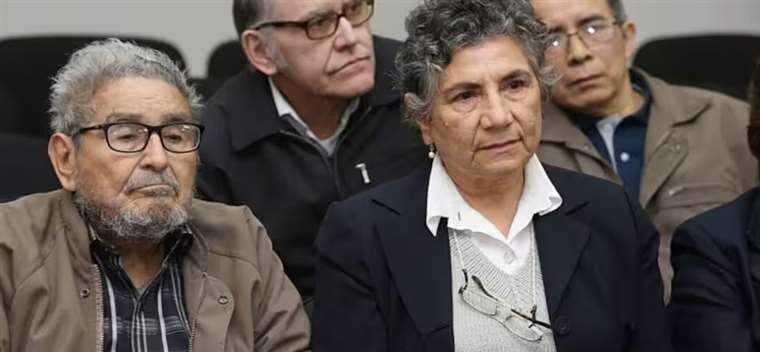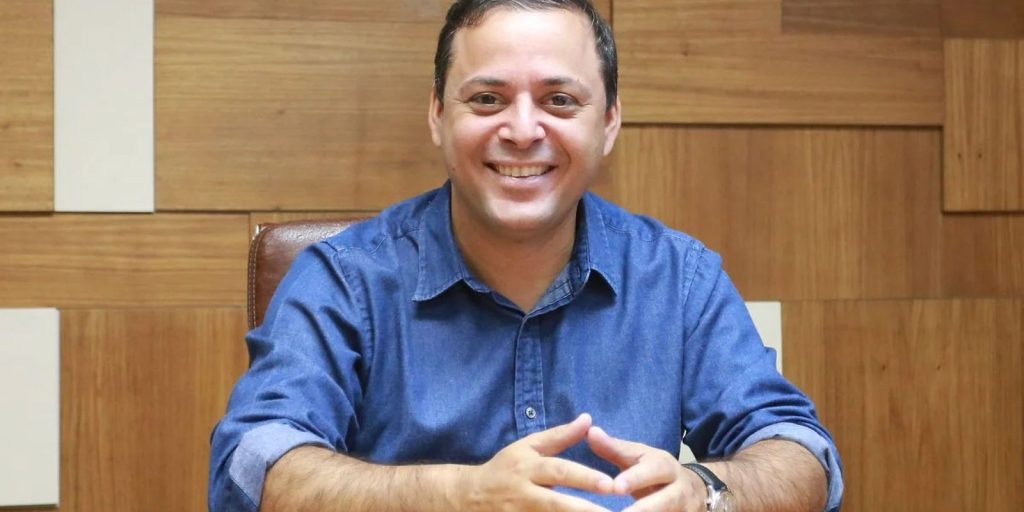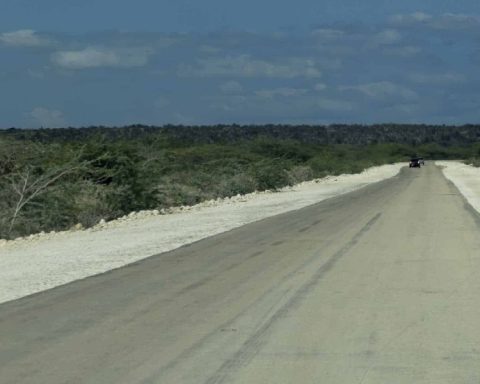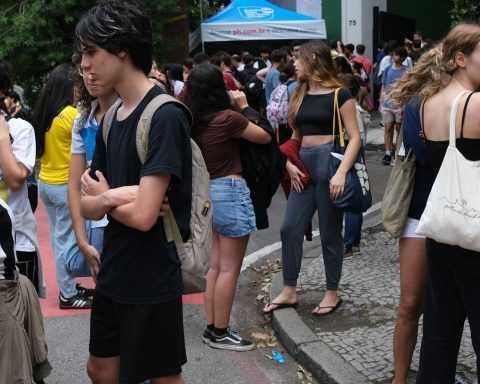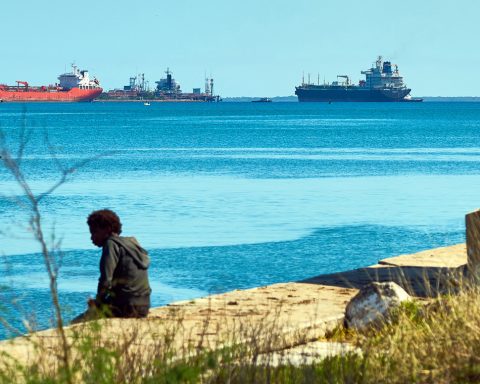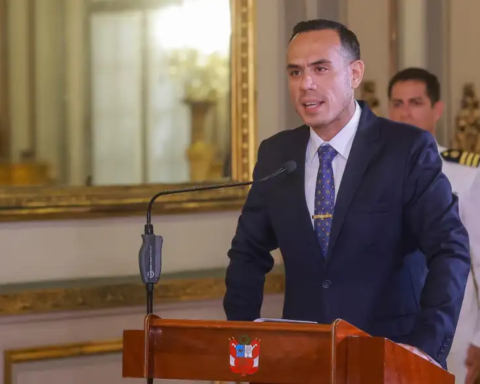The leadership of the subversive group Sendero Luminoso, headed by Elena Iparraguirre, the wife of the deceased founder of that group, Abimael Guzmán, will be sentenced this Monday by a Peruvian court, after an oral trial that began in 2021, for the alleged commission of the crimes. of terrorism and illicit drug trafficking.
The sentence for the so-called ‘Perseus case’ will be handed down by the Fourth National Criminal Appeals Chamber of the National Superior Court from 10:00 a.m. (3:00 p.m. GMT) on Monday.
In this process, which includes Iparraguirre, considered Sendero’s ‘number two’, and 43 other people, Guzmán was also included until his death in prison on September 11, 2021.
The Prosecutor’s Office requested that all the members of the Shining Path leadership be sentenced to life imprisonment and the other defendants to 20 years in prison, to whom they attribute the crimes of affiliation to a terrorist organization and illicit drug trafficking to finance terrorist activities.
The accusation states that the Movement for Amnesty and Fundamental Rights (Movadef), a group that attempted to legally register before the National Elections Jury (JNE) in recent years, acted under the orders of Sendero Luminoso and received financing from narcoterrorism activities.
The trial began in May 2021 and included Guzmán and Iparraguirre, as well as other Shining Path leaders such as María Pantoja, Osmán Morote, Margot Liendo, Victoria Trujillo and Florindo Flores Hala.
The same position, in their capacity as members of the National Permanent Committee of Movadef, to Alfredo Crespo, Fernando Olórtegui, Oswaldo Esquivel, Juan Ríos, Estela Guillermo Álvarez, and Nerida Espinoza, among others.
Guzmán and the main leaders of Sendero Luminoso were arrested by the Police in Lima in 1992 and since then were sentenced to various sentences for terrorism, which included life imprisonment in the case of the founder and the main leaders.
After the arrest of the ‘historic’ leaders, the remnants of Sendero concentrated in the mountainous jungle in the south of the country, where they move until now in alliance with drug trafficking, according to Peruvian authorities.
The Maoist group Sendero Luminoso was considered by the Truth and Reconciliation Commission (CVR) as the main person responsible for the more than 69,000 victims left by the internal armed conflict in Peru (1980-2000).
